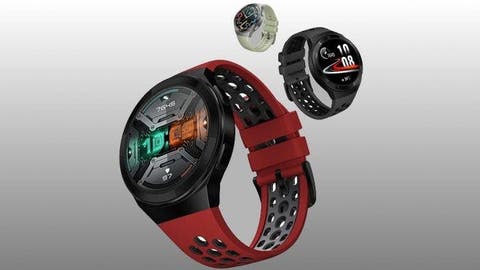In the second quarter of 2024, 43.7 million wrist wearables, including smartbands and smartwatches, were shipped worldwide. Huawei led the market in both shipments and market share. According to IDC’s latest data, Huawei experienced impressive growth, shipping 8.9 million units globally, a 42% increase from last year. This gave the company a 20.3% share of the global market.
Q2 Wearables Market: Huawei Takes the Top Spot
China played a major role in Huawei’s success, with 6 million wrist wearables shipped within the country. This expanded Huawei’s market share in China to 38.4%. Despite Huawei’s growth, the global market for wearables saw a slight decline, with shipments falling by 0.7% compared to the same period last year.
Much of Huawei’s success came from high demand for its smartbands and smartwatches, particularly the Watch Fit 3, which became a major seller worldwide. Huawei also increased its market share in regions like Central and Eastern Europe, the Middle East, Africa, and Latin America.
Xiaomi secured second place globally with 5.9 million shipments and a 13.5% market share. Xiaomi’s budget-friendly Redmi series drove most of this growth, while its higher-end models, like the Watch S3 and Watch 2, also performed well.
Apple took third place with 5.7 million shipments and a 13.1% market share. However, Apple saw a 12% drop in shipments compared to the previous year due to increased competition from Huawei and Xiaomi, which offered more affordable alternatives.
Samsung shipped 3.3 million wearables during this period, with its Galaxy Fit 3 acting as the main growth driver. Despite competition, Samsung maintained a solid position in the market.
BBK, which owns brands like Oppo and Vivo, rounded out the top five with 2.9 million shipments and a 6.6% market share. BBK saw strong demand for its kids’ smartwatch models in China.
In summary, Huawei’s strong performance, driven by demand in China and the popularity of its latest products, allowed it to dominate the global wearable market in Q2 2024. Meanwhile, competitors like Xiaomi, Apple, Samsung, and BBK continued to play key roles in the rapidly evolving market.
